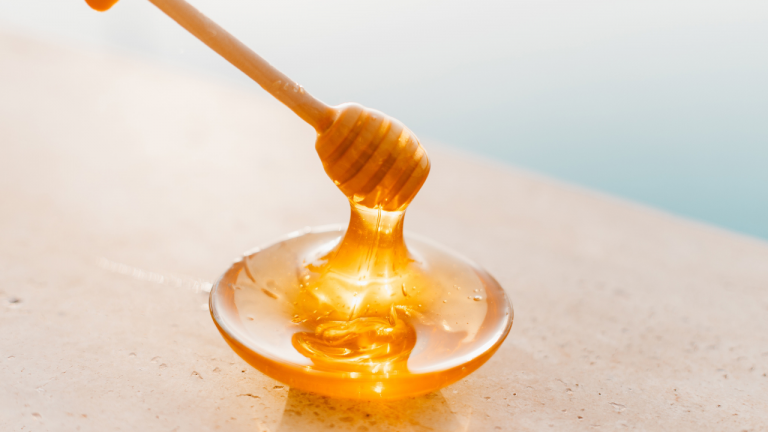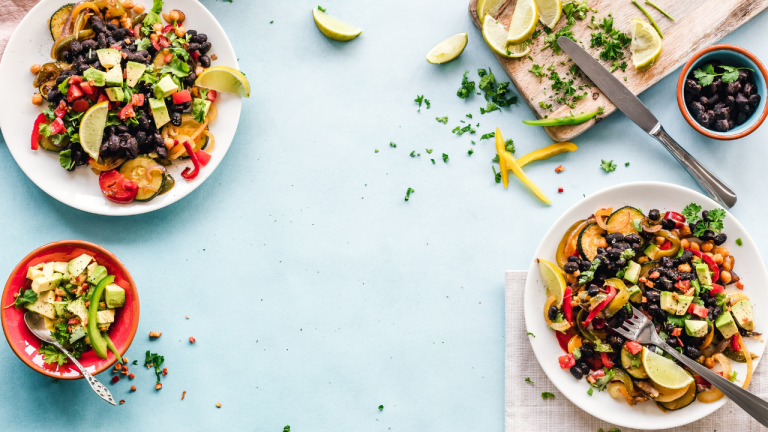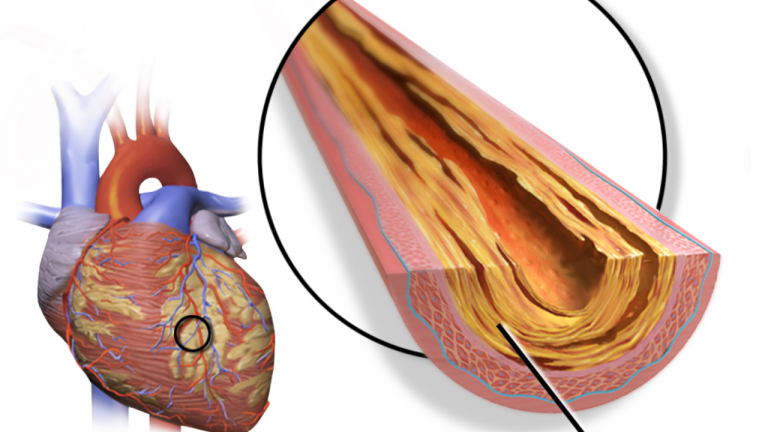Dietary Guild lines For Mouth Sores, Ulcers, and Sjogren’s

What do you eat or what can I make for dinner for severe mouth sores, ulcers and sjogren’s? So far only milk or ice cream has been ok. Even mash potatoes hurt. I’ve been dealing with this for 3 weeks and I worried my milk diet isn’t healthy.
Dealing with severe mouth sores, ulcers, and Sjogren’s syndrome can make it challenging to eat, and it’s important to find foods that are gentle on your mouth while still providing adequate nutrition. Here are some suggestions for dinner options that may be suitable for you:
Soft or pureed soups: Soups that are soft in texture or pureed can be soothing and easy to swallow. You can try options such as tomato soup, butternut squash soup, or lentil soup. Avoid hot or spicy soups, and let them cool to room temperature before consuming.
Blended or mashed vegetables: You can blend or mash cooked vegetables to create a soft texture that may be easier to tolerate. Examples include mashed sweet potatoes, cauliflower mash, or carrot puree. You can season them with mild herbs or spices for flavor.
Protein sources: Soft protein sources, such as scrambled eggs, tofu, or well-cooked fish, can be good options for dinner. Avoid tough or hard-to-chew meats. You can also blend or puree protein-rich foods to make them easier to consume, such as blended lentil soup or pureed beans.
Soft grains: Cooked grains that are soft in texture, such as rice, quinoa, or couscous, can be suitable for dinner. Avoid hard or crunchy grains, such as popcorn or nuts, which may aggravate mouth sores.
Dairy alternatives: If you’re relying on milk or ice cream for your diet, it’s important to ensure that you’re getting adequate nutrition. You can consider incorporating other dairy alternatives, such as yogurt or soft cheeses if they are tolerated. Non-dairy milk alternatives, such as almond milk or rice milk, can also be options if tolerated.
Nutrient-rich smoothies: Blending soft fruits, vegetables, and protein sources into a smoothie can be a convenient and nutritious option. You can add ingredients such as soft fruits (e.g., banana, avocado), leafy greens (e.g., spinach, kale), protein powder or Greek yogurt, and liquid (e.g., water, coconut water) to create a nutrient-rich smoothie.
Remember to consult with your healthcare provider or a registered dietitian for personalized dietary recommendations that take into consideration your specific health condition, dietary restrictions, and individual needs. They can provide you with tailored guidance on how to maintain adequate nutrition while managing mouth sores, ulcers, and Sjogren’s syndrome.



